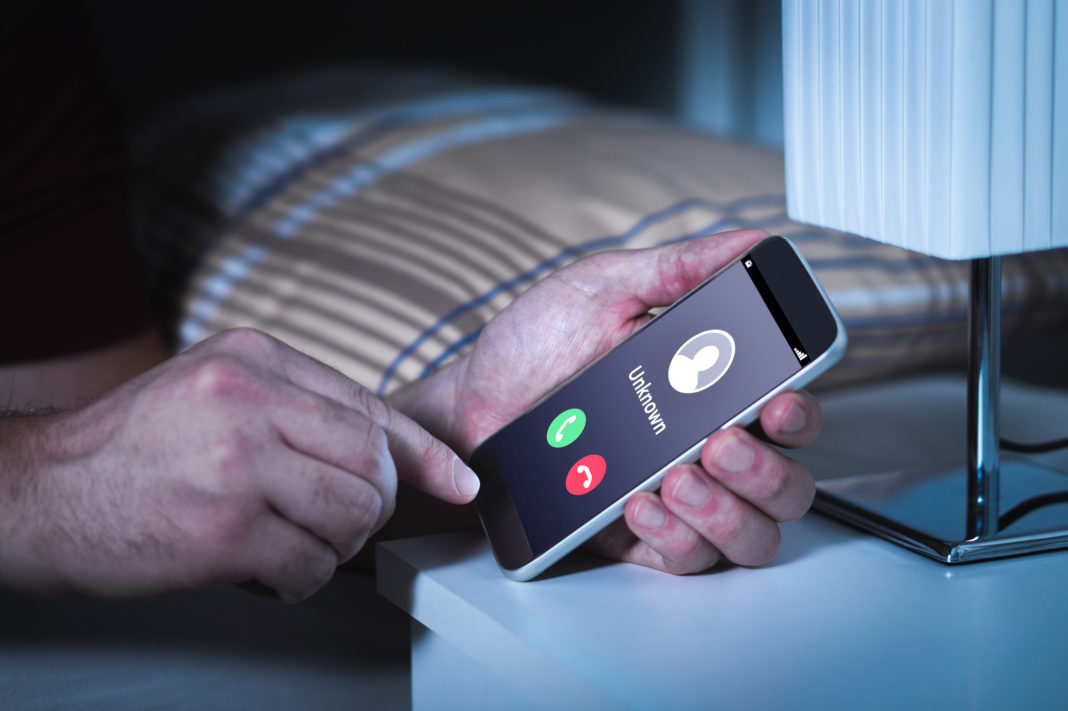Scammers are increasingly using the coronavirus pandemic as a ploy to rip off unsuspecting victims through phone calls and text messages, financial experts warn.
Both individuals and businesses have fallen prey to scammers exploiting the crisis. A common scam experts have seen involves schemers posing as a banker to trick people into turning over bank account information.
“New Yorkers need to be aware of the increased risk of attempted fraud and heightened vulnerabilities created by the coronavirus,” said Scott Gyllensten, chief risk officer for Bethpage Federal Credit Union. “While fraudsters are always lurking in the background, consumers should be especially vigilant now, as New York is experiencing an increase in the frequency and sophistication of fraud attempts during this unprecedented time.”
Such scams are on the rise nationwide, officials have said. Nassau County police issued a similar warning about con artists using the virus to target the elderly shortly after the outbreak in March.
In the most common con, scammers posing as bankers text message people to ask if the consumer can verify a fictional charge on their debit card. When the target of the scam says they don’t recognize the charge, they get a phone call from what appears to be an employee of their financial institution, who asks to verify the victim’s account information, social security number, website credentials, PIN, and a texted verification code.
Once the scammer gains access to the information, they steal the victim’s money by racking up charges, sometimes going as far as applying for loans in the victim’s name.
Gyllensten shared tips to avoid getting scammed. For starters, he said if someone calls asking for money or personal information, hang up. And don’t believe caller ID, as scammers use “spoofing” technology to make it appear as though they are calling a different phone number.
He also said scammers often ask victims to pay in advance for things like debt relief, credit and loan offers, mortgage assistance, a job, or a prize. Once the money is sent, the schemers and the money disappear.
Fraudsters also often lure victims to send gift cards, reloadable cards such as MoneyPak or Reloadit, or have victims wire money through services like Western Union or MoneyGram, all of which make it nearly impossible to reverse charges. Government offices and legitimate companies don’t require people to use such payment methods.
Other cons that perpetrators may try include loan fraud scams that guarantee federal coronavirus relief to small businesses, stimulus check scams in which scammers say they need personal information to process a federal payment, and investor scams posing as research reports into products or services claiming to prevent, detect, or cure COVID-19.
Anyone who has unwittingly shared their sensitive personal information or fallen victim to a scam should immediately contact their financial institution.
“The best way to avoid falling victim to these fraudsters is to remain vigilant,” Gyllensten said. “Financial institutions, like Bethpage, will never make or send unsolicited calls, emails, or texts asking a member or account holder to provide sensitive or personal information, like a Social Security number, debit or credit card numbers, online credentials, PINs, etc. Do not provide this information unless you initiated the contact and you know that the contact is legitimate. Even then you should be wary.”
This story origianlly appeared on longislandpress.com.
































